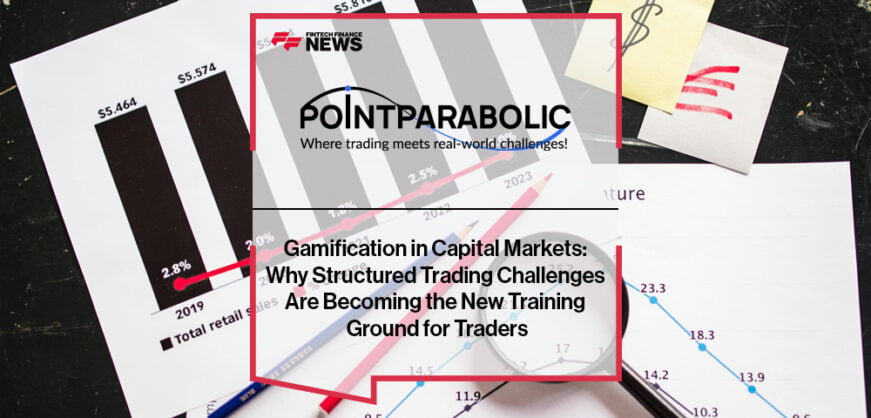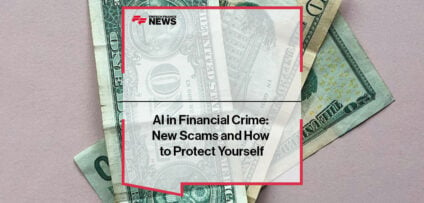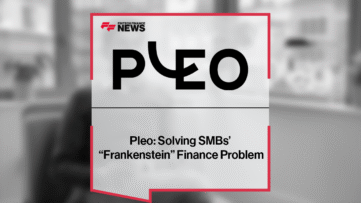Breaking News

Why Big Banks Want You to Get Scammed
Big banks want you to get scammed. This is why.
Regulation. It’s the swift hand of justice. It’s the promise to level the playing field. To give you, the average consumer, a fighting chance against the big corporates. Enter the new Authorised Push Payment (APP) scam regulations, which kicks in today. It is being hailed as the ultimate gift of proper consumer protection. In reality, I see these regulations as nothing but a Trojan Horse, helping to fuel market consolidation, and setting up small fintechs to fail while big banks mop up the mess (and the businesses).
A question of affordability
Playing devil’s advocate, we have seen the Payment Systems Regulator (PSR) reduce the maximum reimbursement threshold from £415,000 to £85,000, aligning it with the Financial Services Compensation Scheme (FSCS). With less than 1% of cases in a recent study falling between £85,000 and £415,000, this seems only fair.
It is a step in the right direction but, in my opinion at least, that £85,000 threshold is still going to be unaffordable for a lot of the smaller players in fintech. A common sense approach is needed.
The issue isn’t with the regulation itself. We need to protect consumers from scams. It is both sensible and necessary. The problem lies in setting a threshold that, while aiming to protect consumers, might inadvertently harm them by destroying the very fintechs they are trying to benefit from.
The problem is this: a £85,000 threshold is higher than the capital requirements for many Payment Service Providers (PSPs). For small fintechs, a single claim could still spell insolvency. It’s like asking a corner shop to cover the same potential insurance payout as Tesco.
The big bank bonanza
Big banks are laughing. Nothing changes for them. They can afford to absorb these losses, while smaller players can’t. It’s a classic case of regulatory capture, dressed up as consumer protection.
Consider this: Barclays likely had at least £100 million in fraud losses last year. For them, that’s a rounding error. For a fintech startup that almost certainly means the lights go off.
The result will be consolidation. And not by choice. Big banks can simply wait for smaller fintechs to buckle under the weight of these regulations, then swoop in to acquire them in a fire sale. The playing field may be getting levelled, but so will be a number of startups and scaleups.
The real victims? Innovation. And you.
This isn’t just about fintechs being priced out of the industry; it’s about you, as the consumer, losing out on innovation and choice. Ironic considering this regulation was designed to be helping you, right?
The UK’s digital payments sector has attracted £20 billion in investment over the last decade. This investment has fuelled some of the best innovation seen across the globe, pushing the boundaries of what’s possible in finance. But investors are already expressing concerns about the financial risk being transferred to firms. Also, let’s not forget you – the average consumer. Ultimately, all customers pay for reimbursement through fees and charges. So, congratulations… you’re now subsidising these new regulations too.
What does this mean for the future of fintech?
Look, the intention is right. However, with these new regulations, we’re practically hanging the UK’s fintech industry out to dry. Investors aren’t stupid. They’re already side-eyeing the UK market, wondering if their hard-earned cash is better spent elsewhere. Why risk your investment being eaten up by reimbursements when you could back the next big thing across the pond?
The PSR seems to have forgotten there are over 1,200 PSPs out there. They won’t all be ready for the new regulation at the time of writing. I’m confident that a fair few won’t even be aware of their new obligations.
Today has the potential to throw the industry into chaos. I haven’t picked up the phone, but my guess is that there are many PSPs scrambling to comply, while others are blissfully unaware they’re about to be hit by a regulatory freight train. And then there are the consumers, who will eventually be caught in the incoming crossfire.
I bought into a future of financial services that is competitive, yes, but also inclusive. It’s a key driver of why I do what I do at Steadypay. My fear is that we are now entering a new era of being “too-big-to-fail”. A place where only the biggest players, with the deepest pockets, can afford to survive what feels like a regulatory onslaught.
I agree that these new regulations are well-intentioned. However, they do need a serious rethink. The goal should be to protect consumers effectively, but not at the expense of a fintech ecosystem that is responsible for driving so much innovation in the financial sector.
Otherwise, are we really protecting consumers? Probably not if the future is one where big banks own the majority of the industry and can call all the shots.
People In This Post
Companies In This Post
- E-commerce Berlin Expo 2026 Jubilee Edition Reveals the AI future of Digital Commerce Read more
- Why Trust Is the New Payments Differentiator | Payment Spayce | Sagicor Bank | The Paytech Show #85 Read more
- E-commerce Germany Awards 2026 Reveals Industry Leaders and Best Innovators Read more
- Pleo: Solving SMBs’ “Frankenstein” Finance Problem Read more
- Bajaj Life Insurance Launches ‘Bajaj Life Opportunities Fund’, Capturing the Growth Opportunities Read more



















